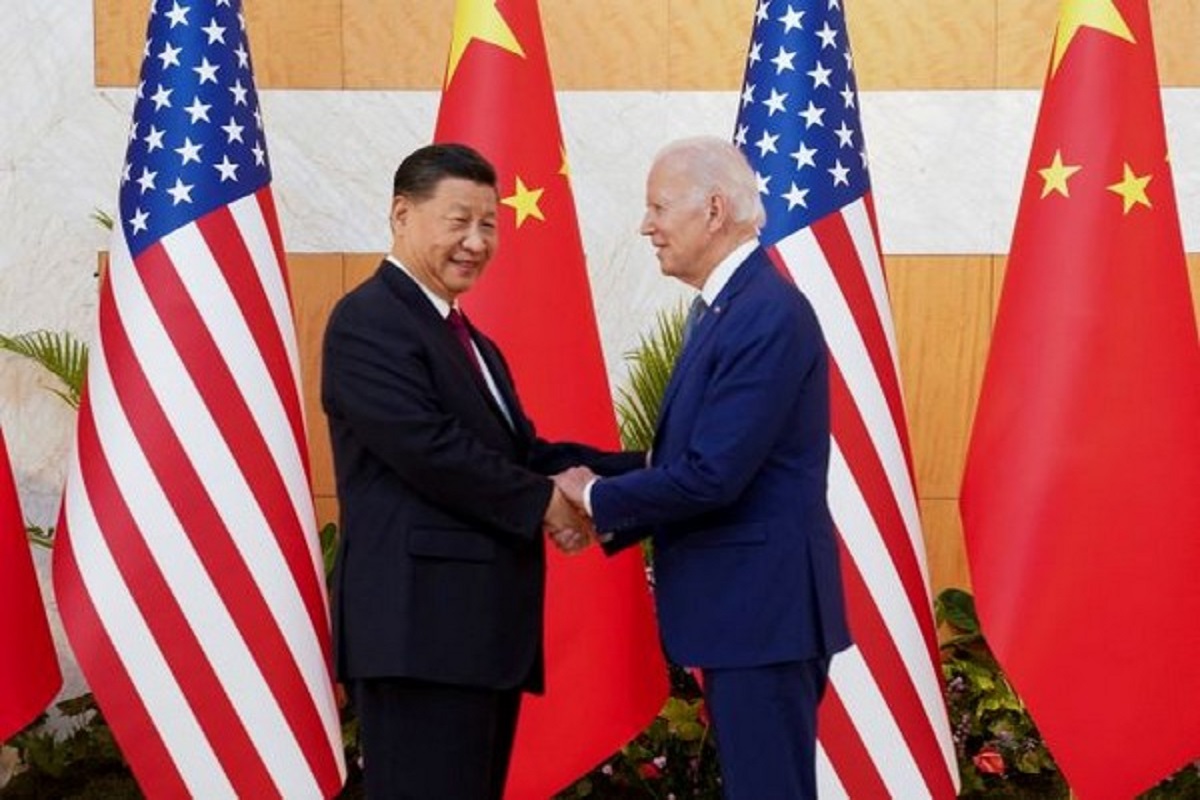The most consequential meeting of the two-day Group of 20 (G20) Summit which began on Tuesday in Bali, Indonesia, has arguably already taken place.
US President Joe Biden met his Chinese counterpart Xi Jinping in the sun-drenched tropical paradise a day ahead of the formal inauguration of the summit for a marathon three-hour interaction which, while it expectedly ended without any agreement on the end game vis-a-via Taiwan, calmed global fears of a new Cold War to a considerable extent.
Advertisement
The leaders sounded much calmer and more reasonable than recent rhetoric emanating from Washington and Beijing had led observers to expect. That both President Biden and President Xi went into the meeting from a position of political strength domestically would certainly have helped them keep in tune with the G20 Summit’s agenda ~ ‘Recover Together, Recover Stronger’.
After all, Mr. Xi has emerged as the strongest leader in China since Mao Zedong after he was elected for a third term as the General Secretary of the Chinese Communist Party (CCP) at its recent 20th Party Congress. Mr. Biden, on the other hand, has led the Democrats to a surprisingly good showing in the US midterm elections, creating a bit of history by retaining the Senate.
Signalling that Sino-American ties may be less frosty going forward, Mr. Biden said the USA and China had a “shared responsibility” to convey to the global comity of nations that the two superpowers could “manage our differences… and prevent competition from becoming anything even near conflict”.
He also doubled down on “finding ways to work together on urgent global issues that require our mutual cooperation”. The US President said in so many words that he was “not looking for conflict” and characterised his conversation with President Xi as “open and honest’’. It is quite clear, say, experts, that Mr. Xi has gone along with this readout and the larger, conciliatory narrative it hints at.
The much-needed level of maturity that the Donald Trump era in the USA and the hard positions adopted by Mr. Xi as he maneuvered over the past few years to take complete control of the party-state in China had torpedoed, is finally on display; in some measure, at least.
The sticking point remains Taiwan, on which both sides are in a bind having upped the ante to a point where any accommodation will be pounced upon by their opponents as surrender.
While reports spoke of the “red lines” the two leaders reportedly laid down in terms of their respective policies towards the island state, there was no delineation of what these were.
There are other thorny issues that the leaders tiptoed around too, ranging from trade disputes to cyberattacks. Yet, the most watched handshake in recent times between the two Presidents does imply that the policy establishments in Washington and Beijing are coming to terms with the fact that while competition and rivalry between the two countries is here to stay, armed conflict even by proxy is not a feasible option in today’s world









